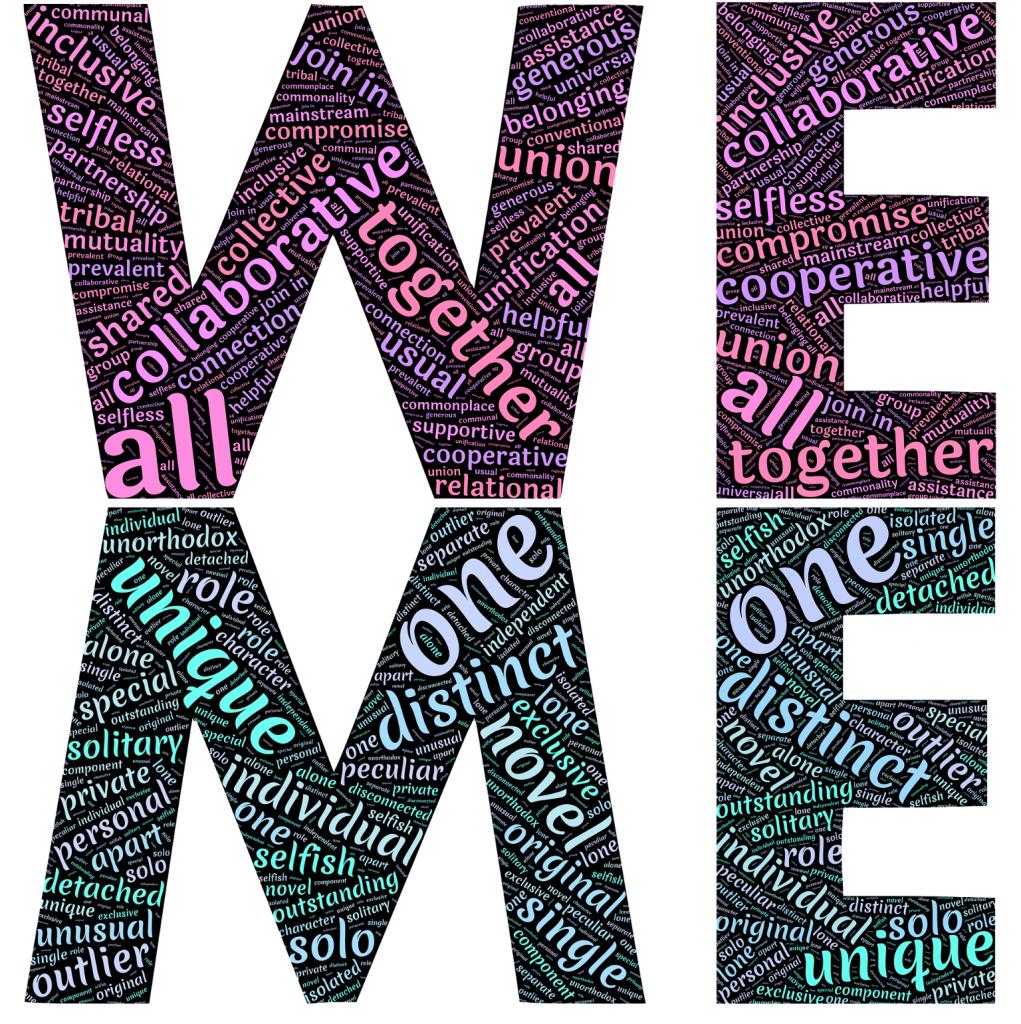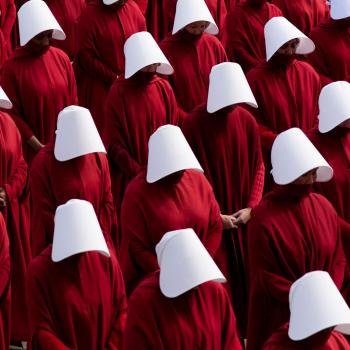
Where is the Line Between Unity and Liberty?
This question has been eating away at me for a long time. Actually, it’s been hovering over the Christian faith and, indeed, our nation for centuries. Where is the tipping point when individual freedoms begin to erode the unity that holds us together and makes us strong? At what point does the push for unity step on individual liberty and ultimately drive us apart? It’s a doozy of a question and, as with most such topics, no one seems to have the answer. But it is a question worth pondering, which is exactly what I intend to do here.
I’ll start with the church, since that is where my most recent wrestling match with this ponderous conundrum began. In a small group study, this idea of the need for the church to have a united front came up. It was a good and honest, but somewhat uncomfortable discussion–and, of course, we didn’t come to any real consensus–but we did raise some important questions. The one question that weighed heavily upon me as I left our discussion was this; What things are essential for the church to be united about and which are not?
Our little group is far from the first to tackle this issue, of course. This question was certainly found in the roots of the Protestant Reformation. Those who followed Luther’s lead believed that it was essential to be unified in the notion that salvation could be received through faith alone. From that point on, Christianity was splintered.
There is a famous quote which lays out the foundation of this topic…
“In necessariis unitas, in dubiis libertas, in omnibus caritas”
–Marco Antonio de Dominis (1617)
Translated from the Latin, it’s “In necessary things unity; in uncertain things freedom; in all things love.”
I’ve loved that quote from the first time I heard it. I believe that if we are to find any common ground on this conundrum, that quote will need to be front and center in our minds.
Christians can quickly get bogged down in theological debate. After Luther’s original Protestant split, it didn’t take too long for the divisions to begin within his new sect of the faith. Those divisions escalated quickly and have left us with a Christian landscape cluttered with seemingly countless denominations, each with their own ideas about what things are essential for their followers to believe.
So there it is…what is essential?
I have my own theory on that, but who am I to proclaim that I am right? My answer to that question focusses on what Jesus said. My understanding is that if one believes in Christ through faith, accepts his gift of mercy, and endeavors to follow him, then there is salvation.
Someone once asked Jesus what was essential for a Christian to do and Jesus’ answer was a very direct and simple one. He said that it was to love God with all your heart and to love your neighbor as yourself.
Jesus didn’t seem to get bogged down in a lot of theological details. In fact, he seemed very troubled by those leaders of the church in his time who did dwell on the mechanics of the faith. Yet, more than 2,000 years later, we continue to squabble over those kinds of things.
Is it essential to practice infant baptism or is it more effective to wait until children are old enough to willingly participate?
Is it essential to believe in a literal seven 24-hour days of creation and a 6 to 10,000-year-old earth or is it acceptable to leave the creation timeline open for other possibilities that would allow for evolution science and creation to coexist?
Is it essential to believe that the sacraments of communion are transformed into the actual flesh and blood of Christ or is it acceptable to believe that they are merely symbols of Christ’s sacrifice?
These are but a few examples of the kinds of theological details that have been debated for centuries.
I don’t claim to have the answers to any of those questions–however, I do have concerns about whether or not they are essential. That is a crucial question. If a denomination presents those kinds of things as essentials, they are running a great risk of pushing people away from the outset.
Church leaders, in my opinion, would do well in today’s climate to use Dominis as a guide–“In necessary things unity; in uncertain things freedom; in all things love–and to take the last part, in all things love, especially to heart. Often, when we get bogged down in the details of theology, the basics get overshadowed–the message of Christ can become lost like a ball in the weeds. It would be a tragedy to allow something that is not essential to drive people away from the Gospel.
This whole argument can be applied to our nation as a whole, as well. We have become so divided over political ideology that I fear we run the real risk of splintering off into multiple countries just as the church has splintered into multiple denominations.
What if we applied the Dominis statement to our nation-“In necessary things unity; in uncertain things freedom; in all things love.”
Is it essential that we change the laws on abortion or is it ok to accept the ruling of our Supreme Court and counsel women about other options, leaving the ultimate choice up to them?
Is it essential that we employ stricter gun laws or is it ok to realize that there are already more guns in this country than people and accept that they are never going to go away?
Is it essential that marriage be between a man and a woman or is it preferable to lovingly accept everyone for who they are and allow them equal treatment under the law?
These are but a few examples of the kinds of political details that have been debated for decades.
I don’t claim to have the answers to any of these questions, but what if we could agree that they weren’t essential in the long run? What if we continued to allow freedom in the uncertain things and moved forward with all things in love?
What if, in the process of moving forward with all things in love, we found true unity?
Would the details seem so essential anymore?
Far fetched, I know, but a guy can dream, can’t he?












